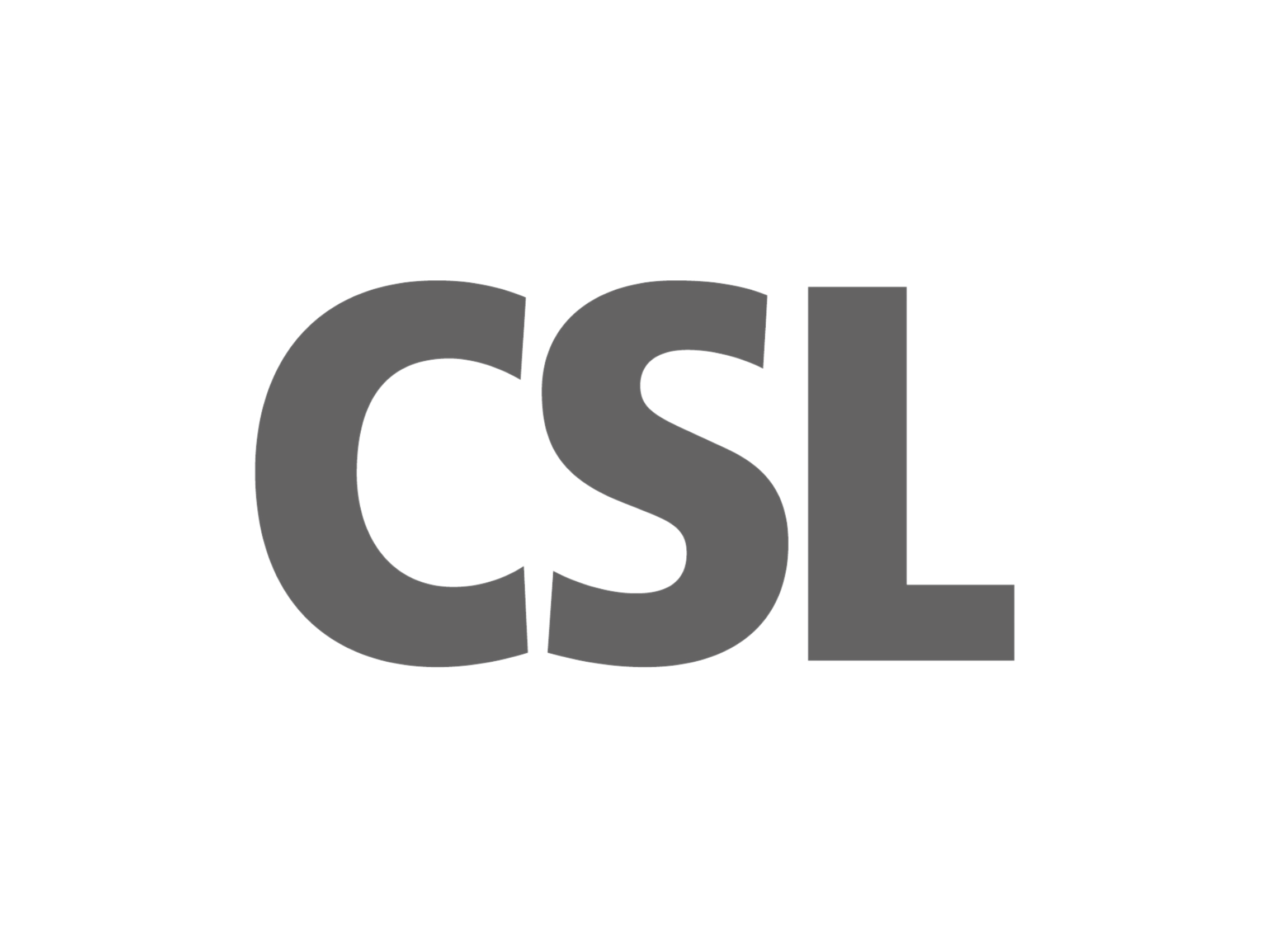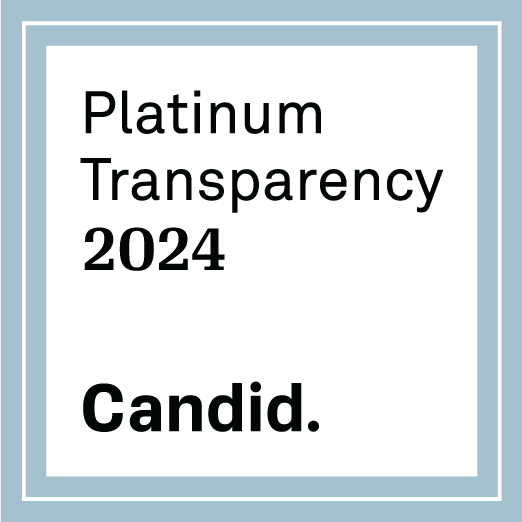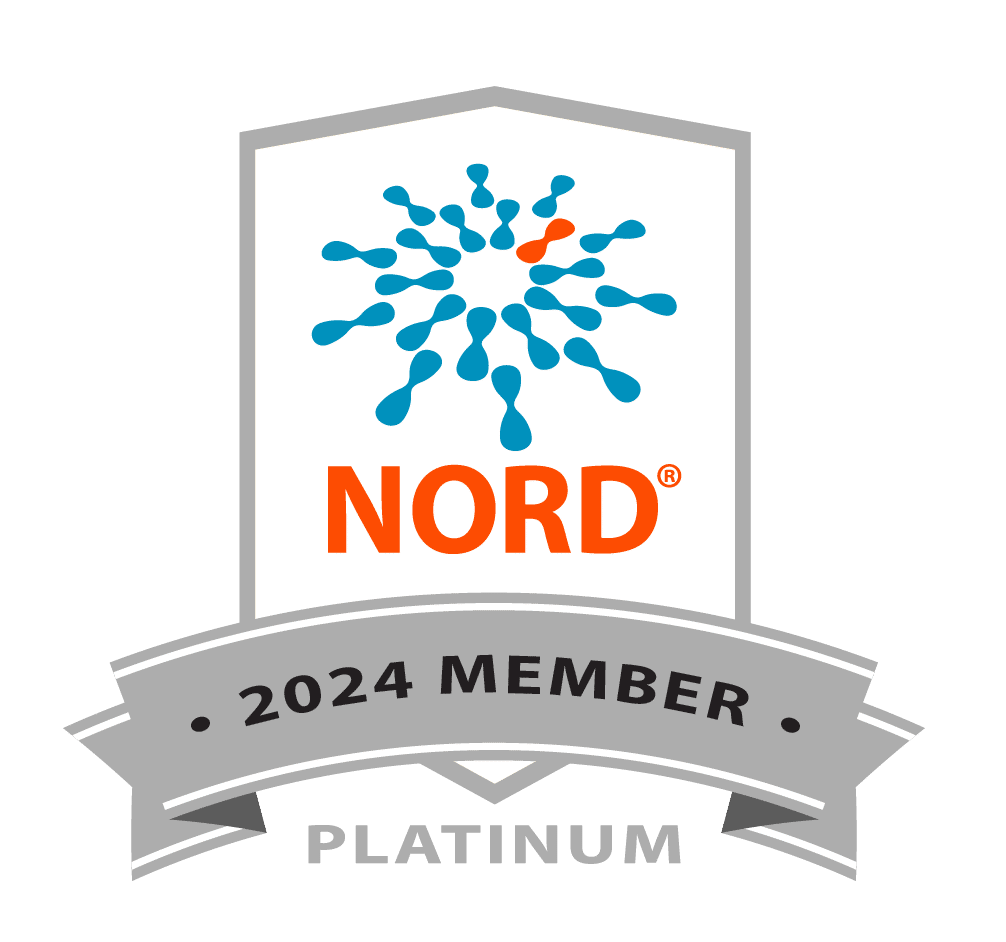Full letter below:
Dear Ms. Duran:
We are writing to underscore the importance of the Centers for Medicare & Medicaid Services (CMS) taking action to protect Medicare beneficiaries’ access to needed therapies as reforms to the Part D program take effect for the upcoming Calendar Year (CY) 2025 and future plan years. The undersigned organizations remain concerned that absent further action by CMS, the forthcoming changes could have unintended consequences for the patients we represent.
As the Part D benefit design changes are implemented, plans will see a significant increase in their liability for drug expenditures in the catastrophic phase of coverage. Plans will now be responsible for 60% of costs in the catastrophic phase beginning next year, up from 15% in 2023. The higher level of cost sharing for prescription drug plan (PDP) creates incentives for plans to expand their use of utilization management (UM) tools such as step therapy, prior authorizations, refill limits, and changes in formularies. While these tools are intended to limit expenditures, the increased use of UM threatens to restrict patient access to therapies and increase out-of-pocket costs for beneficiaries. Step therapy, for example, requires a patient to “fail first” on a less expensive treatment before being allowed to proceed to higher-cost therapies. Unfortunately, step therapy can lead to decreased access to the most appropriate therapies for a patient’s medical needs, as well as delays in care that can lead to worse health outcomes and disease progression as an individual works through the “steps.” Moreover, step therapy protocols may differ from clinical guidelines and decisions made between patients and their doctors. However, step therapy is but one example of a UM tool that may be utilized even more by plans going forward as the Part D benefit redesign goes into effect.
We appreciate that CMS has indicated it will monitor changes in formulary design and acknowledged that plans, for most classes, may implement tools such as step therapy, prior authorization, and drug quantity limits; however, we believe more action is needed to protect beneficiaries’ access to medically necessary therapies in 2025 and beyond. We urge the agency to take additional steps to support patients by increasing the transparency regarding the use of UM by PDPs, enhancing efforts to educate beneficiaries
about potential changes to their plans related to UM, and providing additional details about what actions CMS is taking to ensure there is no inappropriate UM activity.
Thank you for your attention to this important issue; we look forward to working with CMS to support the Part D program and safeguard beneficiaries’ access to care.
Sincerely,
Alliance for Aging Research
Alliance for Patient Access
Alpha-1 Foundation
ALS Association
American Association on Health and Disability
American Society of Consultant Pharmacists
Barth Syndrome Foundation
Cancer Support Community
CaringKind, the Heart of Alzheimer’s Caregiving
CLL Society
Color of Gastrointestinal Illnesses
COPD Foundation
Crohn’s & Colitis Foundation
Diabetes Leadership Council
Diabetes Patient Advocacy Coalition
EveryLife Foundation for Rare Diseases
FORCE: Facing Our Risk of Cancer Empowered
Genetic Alliance
Haystack Project
HealthyWomen
HIV+Hepatitis Policy Institute
International Pemphigus & Pemphigoid Foundation
Lakeshore Foundation
Lupus and Allied Diseases Association, Inc.
National Association For Continence
National Eczema Association
National Organization for Rare Disorders
National Patient Advocate Foundation
Neuropathy Action Foundation (NAF)
Nevada Chronic Care Collaborative
PAN Foundation
Partnership to Fight Chronic Disease
Prevent Blindness
Second Wind Dreams
StopAfib.org
Triage Cancer
TSC Alliance












